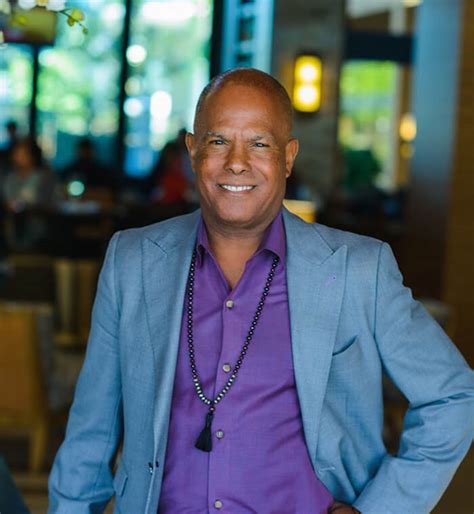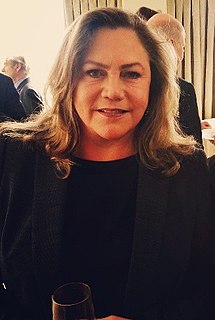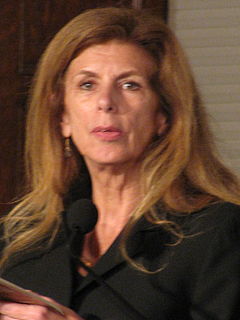A Quote by Deb Caletti
Sometimes I’ve even wished there was a human pause button, where you could choose some point in your life where you could stay always.
Related Quotes
I always wished I could go to confession. I was so full of things I couldn't name and had an instinct to hide. I felt burdened by the loneliness of my interior life. I wanted some container that I could empty myself into, some ear that would never be shocked, even if it offered me some kind of penance.
Whether your life is happy or not is your own choice.
Many people think I can't live a normal life because
I don't have arms or legs.
I could choose to believe that and give up trying.
I could stay at home and wait for others to take care of me.
Instead, I choose to believe that I can do anything,
and I always try to do things my own way.
I choose to be happy.
I am happy because I am always thankful.
Facts, at any rate, could not be kept hidden. They could be tracked down by inquiry, they could be squeezed out of you by torture. But if the object was not to stay alive but to stay human, what difference did it ultimately make? They could not alter your feelings, for that matter you could not alter them yourself, even if you wanted to. They could lay bare in the utmost detail everything that you had done or said or thought; but the inner heart, whose workings were mysterious even to yourself, remained impregnable.
He began to trace a pattern on the table with the nail of his thumb. "She kept saying she wanted to keep things exactly the way they were, and that she wished she could stop everything from changing. She got really nervous, like, talking about the future. She once told me that she could see herself now, and she could also see the kind of life she wanted to have - kids, husband, suburbs, you know - but she couldn't figure out how to get from point A to point B.
I believed even then that if I could transform my experience into poetry I would give it the value and dignity it did not begin to possess on its own. I thought too that if I could write about it I could come to understand it; I believed that if I could understand my life—or at least the part my work played in it—I could embrace it with some degree of joy, an element conspicuously missing from my life.





































